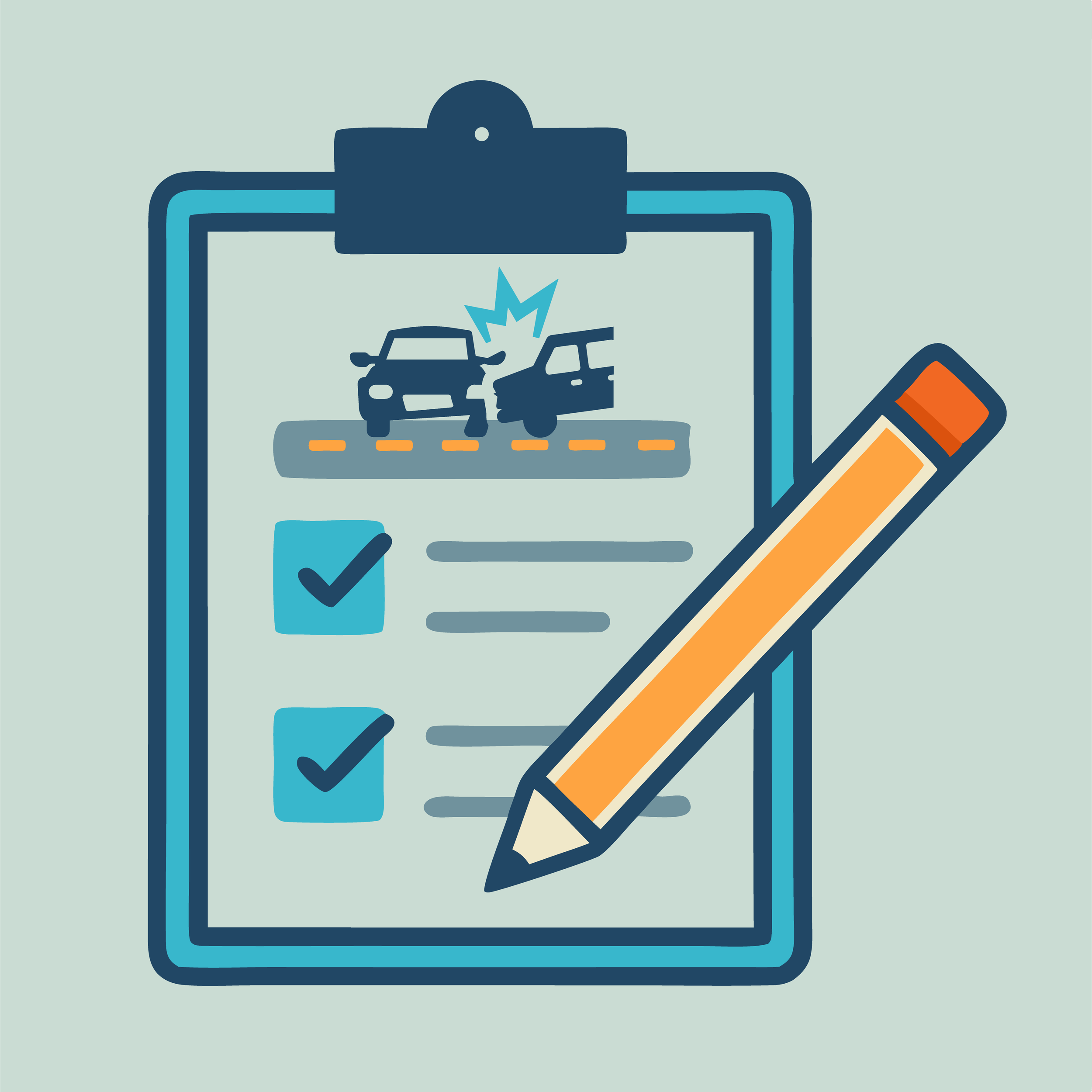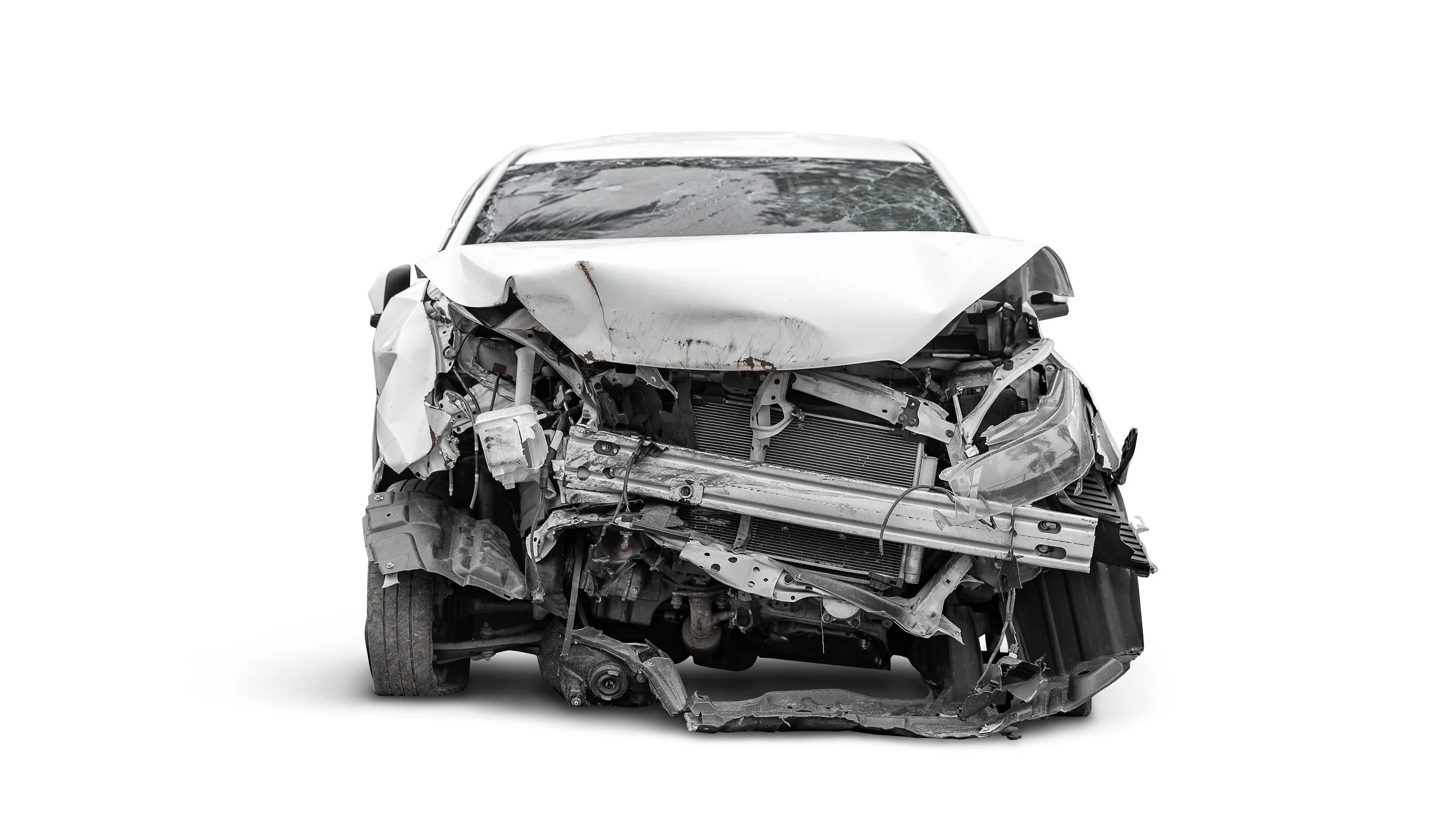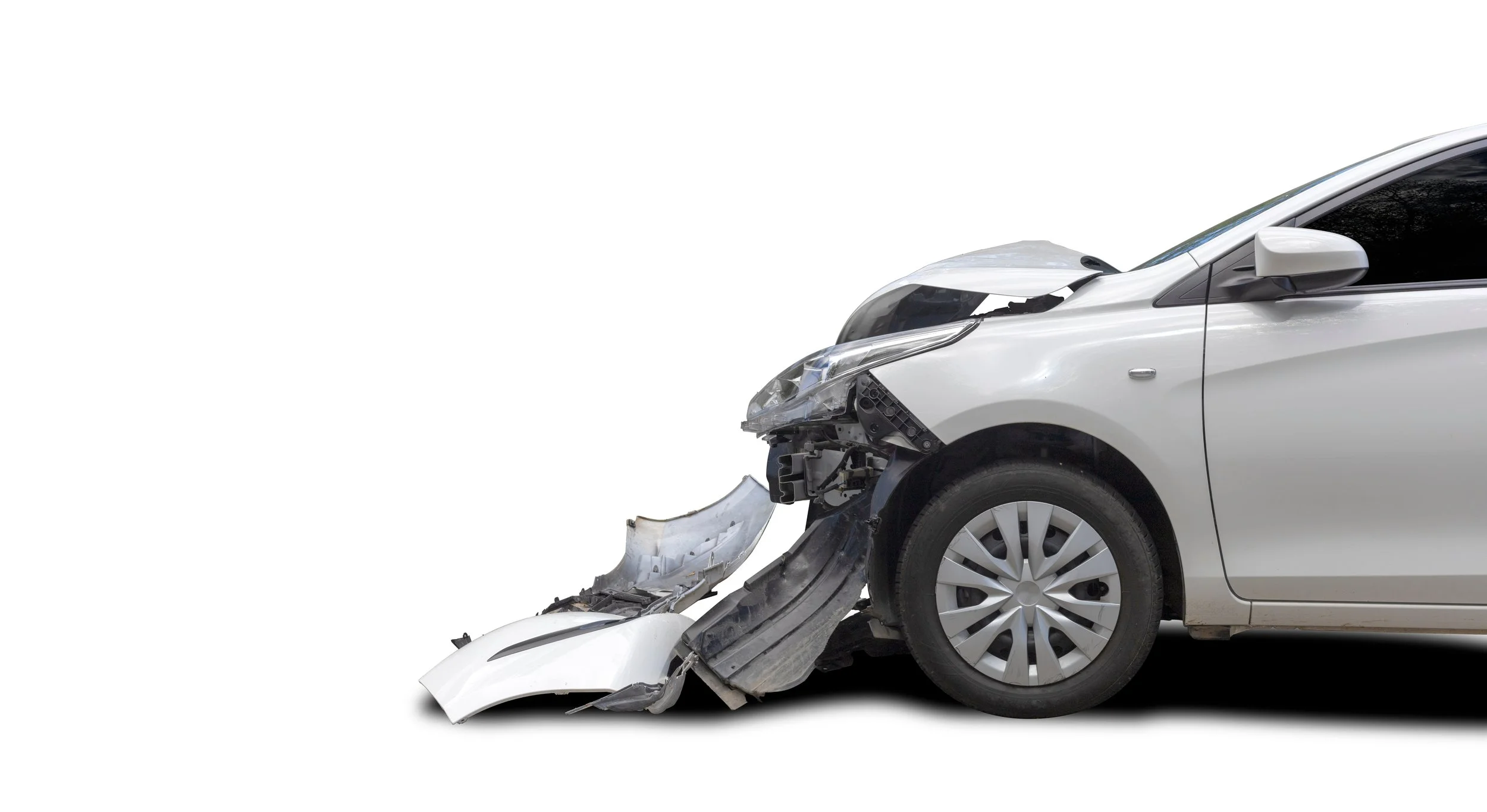What is Premises Liability? A California Property Owner's Guide to Duty of Care.
Published: October 1, 2025. Estimated Read Time: 6 minutes
This article is the first for our October series for Premises Liability Month.
As a property owner in California—whether you own a home, a rental apartment, a commercial storefront, or a vacant lot—you have a significant legal responsibility. This responsibility, known as "premises liability," means you must maintain your property in a reasonably safe condition to prevent harm to others.
A premises liability claim arises when someone is injured on your property due to a dangerous condition. While the most common example is a slip and fall, these cases can involve everything from dog bites to swimming pool accidents, inadequate security, and more.
Understanding your "duty of care"—what the law requires of you—is the first step in preventing accidents and protecting yourself from potential liability. This guide breaks down the essential concepts every California property owner needs to know.
The Foundation: Understanding Your "Duty of Care"
At its core, premises liability law is about a single question: Did the property owner act with reasonable care to protect others from harm on their property?
California law defines "reasonable care" as what a ordinarily careful and prudent person would do in the same situation. It's not a guarantee of absolute safety, but a requirement to take feasible and practical steps to identify and address hazards.
The Status of the Visitor: Why It Matters
The extent of your legal duty depends on the legal classification of the person entering your property. California law recognizes three main categories:
Invitees (Highest Duty of Care)
Who they are: People who enter your property for your mutual economic benefit. This includes customers in your store, clients in your office, or tenants in an apartment building (common areas).
Your duty: You owe invitees the highest duty of care. You must:
Inspect the property for hidden or non-obvious dangers.
Repair dangerous conditions you find.
Warn them of any dangers that you haven't yet repaired.
Licensees (Middle Duty of Care)
Who they are: Social guests who enter your property for their own purpose or for your mutual social benefit. This includes friends, family, and neighbors visiting your home.
Your duty: You must warn licensees of any concealed, dangerous conditions that you know about. Your duty to inspect is generally lower than it is for invitees.
Trespassers (Limited Duty)
Who they are: Individuals who enter your property without any permission or right to be there.
Your duty: You generally owe no duty to trespassers, except:
You cannot intentionally injure them (e.g., setting traps).
You may owe a duty if the trespasser is a child attracted by something on your property (like a swimming pool or old machinery), under a legal doctrine known as "Attractive Nuisance."
Common Examples of Premises Liability Hazards
A "dangerous condition" is any aspect of your property that poses an unreasonable risk of harm. Common examples include:
Slip, Trip, and Fall Hazards: Wet floors, torn carpeting, cracked sidewalks, poor lighting, cluttered walkways, and recently mopped floors without warning signs.
Swimming Pool Dangers: Failure to have a proper fence, gate, or latch as required by California law (often leading to attractive nuisance claims involving children).
Inadequate Security: A history of crime on or near the property that necessitates better security measures (e.g., broken locks, poor lighting in parking garages, lack of security personnel).
Dog Bites: California has a strict liability statute for dog bites. This means the owner is liable if their dog bites someone, regardless of the dog's past behavior or the owner's knowledge of its viciousness.
Structural Defects: Broken stair railings, collapsing decks, or rotting stairs.
Proactive Steps to Fulfill Your Duty of Care
The best defense against a premises liability claim is a strong offense of proactive maintenance and awareness.
Conduct Regular Inspections: Walk your property routinely—both indoors and outdoors—looking for potential hazards. Look at your property through the eyes of a first-time visitor.
Address Hazards Immediately: If you find a problem, fix it as soon as is practical. If you can't fix it immediately (e.g., waiting for a contractor), implement a temporary safeguard like a barrier or a clear warning sign.
Keep Detailed Records: Maintain a log of your inspections, repairs, and maintenance. This documentation can be crucial evidence if a claim is ever filed, demonstrating your commitment to reasonable care.
Understand Local Regulations: Comply with all applicable city and county building codes, housing codes, and safety regulations (e.g., pool fencing requirements, handrail heights).
Purchase Adequate Insurance: Ensure your homeowner's or commercial liability insurance policy has sufficient coverage limits to protect your assets in case of a lawsuit.
What If an Accident Happens on Your Property?
Even with the best precautions, accidents can happen. If someone is injured on your property:
Show empathy and ensure they receive medical attention. Their health is the priority.
Document the incident. Take photos of the exact condition that caused the accident before anything is changed or cleaned up.
Notify your insurance company. Your policy likely requires you to report any incident that could lead to a claim.
Avoid making statements about fault. Do not admit guilt or liability. Simply state that you will report the incident to your insurance carrier for investigation.
Contact an attorney. If the injured person hires a lawyer, you should too. Premises liability law is complex, and having expert counsel is essential to protect your rights.
Key Takeaway for California Property Owners
Your duty of care is a continuous obligation to keep your property safe. By being proactive, conducting regular inspections, and addressing hazards promptly, you can significantly reduce the risk of accidents and create a strong defense should a claim arise.
Whether you are a property owner facing a potential claim or an individual who has been injured due to a dangerous condition, navigating premises liability law requires expert guidance. Contact us for a free consultation to understand your rights and options.
Sincerely,
The Team at Caldwell Law Firm
Michael Train Caldwell was born and raised in the San Francisco Bay Area, and resides in Marin County with his two children. The son of renowned San Francisco trial attorney, Edwin Train Caldwell, Michael comes from a family of litigators, and has been representing individuals facing injury and discrimination for over 20 years.
John Holman is an attorney with 23 years of litigation experience in both defense and plaintiff side litigation. John is admitted in the State of California and United States District Court for the Northern District of California. He is a graduate of UCLA in political science and earned is JD at Golden Gate University.
Before you go, check out some free resources we put together for you, and don’t forget to subscribe!
Legal Resources
Caldwell Law Firm’s free guide for drivers in California.
Confusing legal jargon? Nobody has time for that. We’ve grouped terms roughly by topic to help you quickly find the ones that pertain to your claim.
Areas Of Practice
More info about our firm’s areas of practice relevant to California roads:
Recent Auto Accident Articles
Get In Touch
Call us at (415) 453-8339 or fill out our email form:








